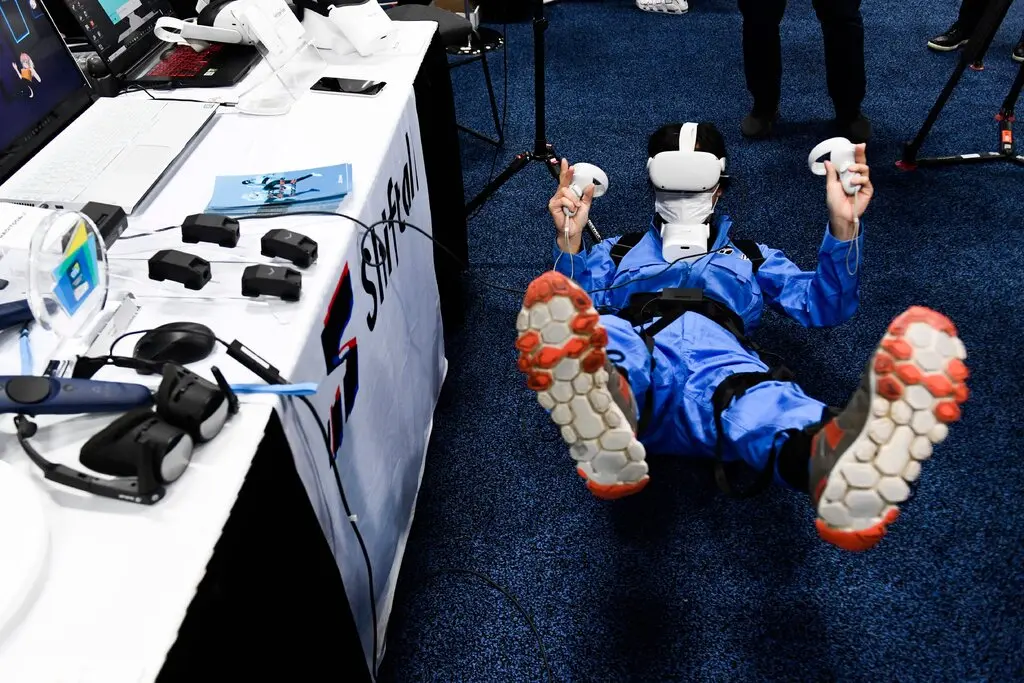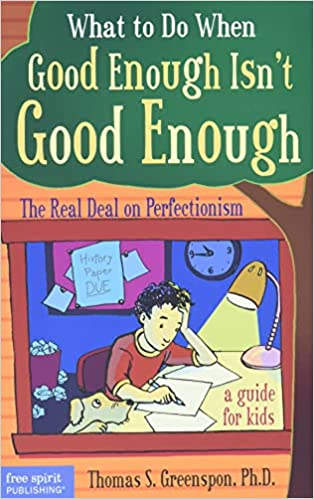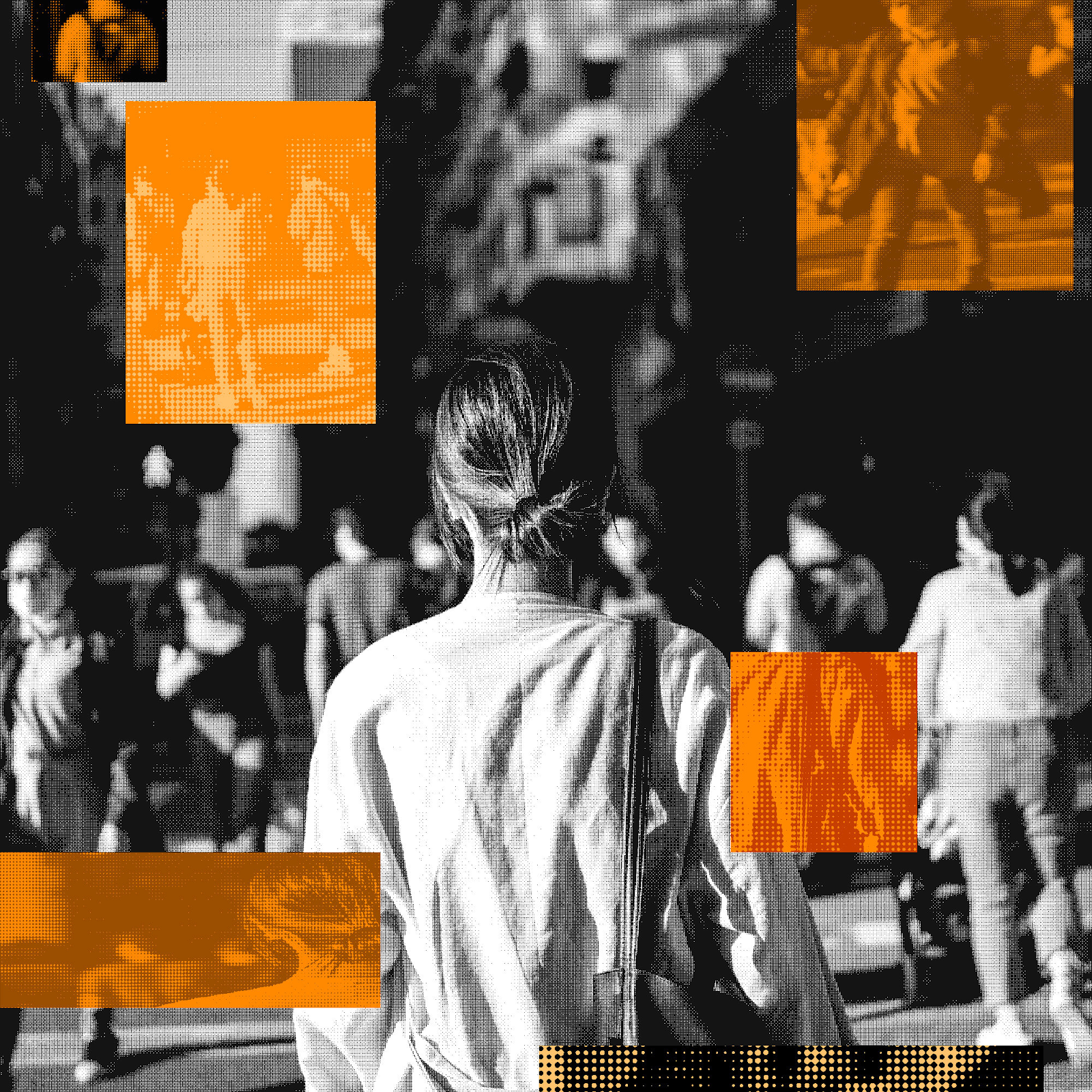A comment on Facebook's "Meta" ...

Below a comment by New York Times reader Caroline Miles on its January 31 article , "How Facebook Is Morphing Into Meta: Shifting a 68,000-person social networking company toward the theoretical metaverse has caused internal disruption and uncertainty." In my modest opinion, it is one of many thoughtful/interesting readers' comments on this piece on Zuck's Meta ... Caroline Miles Winston-Salem, NC 2h ago I still suspect that "Meta" is an abbreviated version of " metastasis ." [jb-my link] Reply 21 Recommend Share An image from the article: An attendee at the Consumer Electronics Show in Las Vegas in January using the Oculus headset, which has been rebranded Meta. Credit...Patrick T. Fallon/Agence France-Presse — Getty Images




